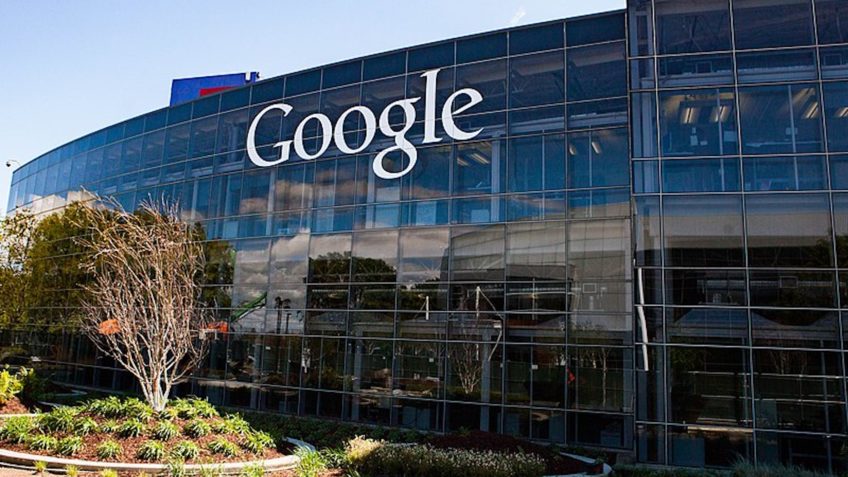
Decision harms candidates for mayor or councilor with modest resources and little exposure, writes Luciana Moherdaui
The discussion started in the United States about the importance of using generative artificial intelligence in this year’s electoral campaigns for candidates without many resources or with little exposure in the mainstream press arrived in Brazil in the form of boosting political content.
Informed the senior editor Guilherme Waltenberg in this Poder360 that Google will veto the boost during the municipal election period in Brazil from May 1st, due to the resolution approved by TSE (Superior Electoral Court), in February.
Regarding this content, the TSE requires:
“I – maintain a repository of these advertisements to monitor, in real time, the content, values, those responsible for payment and the characteristics of the population groups that make up the audience (profile) of the contracted advertising;
“II – provide an accessible and easy-to-use query tool that allows you to perform an advanced search on the repository’s data.”
The requirement is not new, but it was expanded by the agency:
“For the purposes of this article, it characterizes political-electoral content, regardless of the classification made by the platform, that which deals with elections, political parties, federations and coalitions, elected positions, people holding elected positions, candidates, government proposals, projects of law, exercise of the right to vote and other political rights or matters related to the electoral process”.
Because it was too open, the court’s definition of political-electoral content made monitoring unfeasible, which led Google to prevent the action on the grounds that it did not have the technical capacity to now adapt to the new rules. This means, as explained in the report by Poder360, “that no candidate content can be promoted on Google Ads, which allows advertising on the search engine or on group companies, such as YouTube”.
In addition to the technical issue and the high investment cost, there is the risk of negligence, assessed by the big tech. There would be a need to implement a real-time monitoring panel, whose technology is not without flaws. Which would result in punishment from the TSE.
The blocking of promotion is yet another of the countless problems caused by the drafting of resolutions being focused on technique, with complex obligations, despite the interest of guaranteeing the fairness of the claim, in order to contain the mass dissemination of false information.
The prohibition of deepfakes created by generative AI and definitions of disinformation, such as fencing “content manufactured or manipulated to disseminate facts that are notoriously untrue or out of context with the potential to cause damage to the balance of the election or the integrity of the electoral process”, do not resolve the damage. On the contrary.
There are many unanswered questions:
- What are the criteria to define “notoriously untrue or out of context facts” or to decide whether a deepfake is it harmful?
- How to act in closed circulation networks?
- How can candidates without resources operate outside the mainstream media if the rules are increasingly oriented toward control?
It is true that generative AI has brought a series of dangers, but it cannot be ignored that its use can contribute to countless activities, such as preparing speeches, asking for donations and translating (in the USA, it is necessary to reach voters in Spanish, for example).
It would be more beneficial for the TSE to focus resources on distribution, viralization and reach, regardless of the technology used.
Source: https://www.poder360.com.br/opiniao/veto-do-google-a-impulsionamento-e-alerta-as-normas-do-tse/

